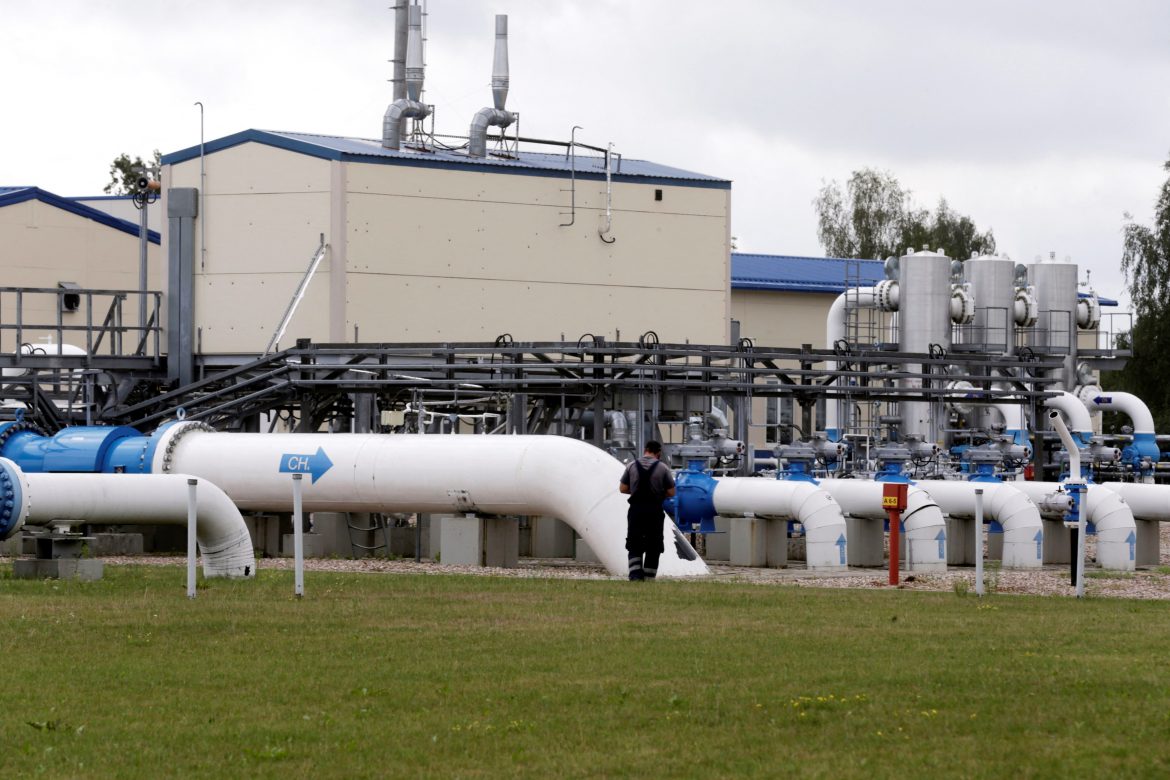Researchers have said that the cost for European nations to protect people and businesses from rising energy costs has risen to nearly €800 billion while urging nations to be more strategic in their spending to address the energy crisis.
Since September 2021, European Union nations have set aside or allocated €681 billion for spending related to the energy crisis, while Britain has set aside €103 billion and Norway €8.1 billion. The total of €792 billion is higher than the €706 billion in Bruegel’s previous assessment from November, as countries continue to deal with the effects of Russia’s decision to stop most of its gas shipments to Europe in 2022.
Germany topped the spending chart, allocating nearly €270 billion – a sum that eclipsed all other countries. Britain, Italy and France were the next highest, although each spent less than €150 billion. Most EU states spent a fraction of that. On a per capita basis, Luxembourg, Denmark and Germany were the biggest spenders.
Read also: Pakistan to quadruple domestic coal-fired power, move away from gas
The spending earmarked by the countries on the energy crisis is now in the same league as the EU’s €750 billion COVID-19 recovery fund. Agreed in 2020, which saw Brussels take on joint debt and pass it onto the bloc’s 27 member states to cope with the pandemic.
The energy spending update comes as countries debate EU proposals to loosen state aid rules further for green technology projects, as Europe seeks to compete with subsidies in the United States and China.
Those plans have raised concerns in some EU capitals that encouraging more state aid would unsettle the bloc’s internal market. Germany has faced criticism over its mammoth energy aid package, which far outstrips what other EU nations can afford.
Bruegel said that governments had focussed most of the support on non-targeted measures to curb the retail price consumers pay for energy, such as VAT cuts on petrol or retail power price caps.
This story was adapted from Reuters.
